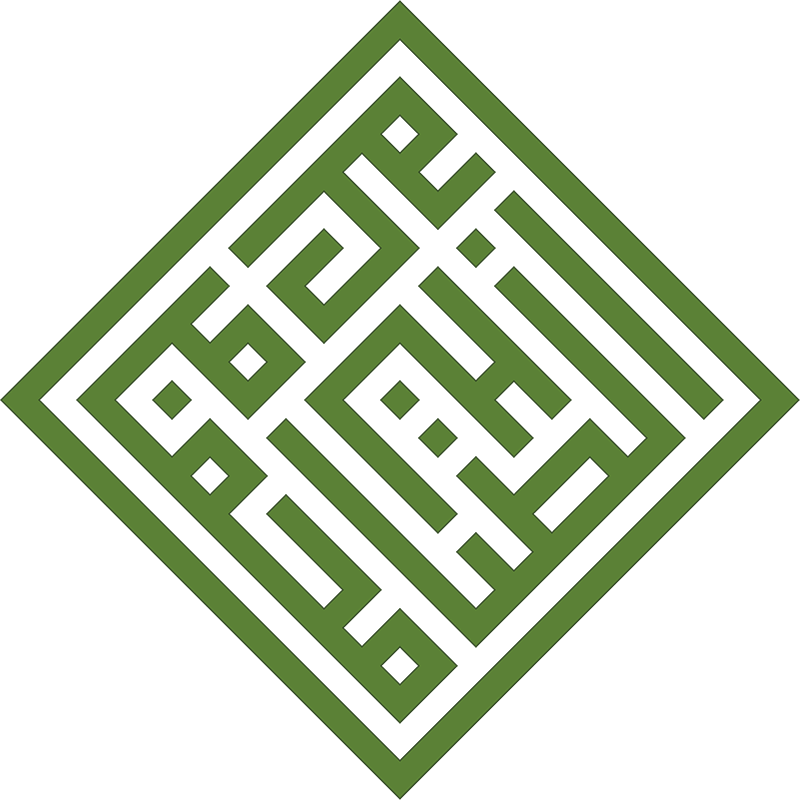The Arabs-10

Part 10: “The Arabs Now” by Basim Musallam. Comments by: Dr. Saad Bin Tefla. What do the Arabs believe to be the most potent forces in their society at the present time and how do they assess their condition today? How possible is criticism of that condition and who will be the most effective critics? […]
The Arabs-9

Part 9: “Family Ties” by Nadia Hijab. Comments by: Dr. Yusur al-Madani. Most Arab women’s lives still centre on the family, their traditional responsibilities to their own children and the power of parents and relatives to dictate their role in life. Writer and journalist Nadia Hijab weaves this film around a large extended family of […]
The Arabs-8

Part 8: “Building a Nation” by Mahfoud Bannoune. Comments by: Dr. Zouaoui Beghoura. The last three films in “The Arabs” focus on the processes of post-Colonial change in the Arab world. Mahfoud Bannoune analyzes the problems faced by Arabs as they constructed their new nations over the past quarter of a century and the solutions […]
The Arabs-7

Part 7: “The Shadow of the West” by Edward Said. Comments by: Dr. Souad al-Enezi and Dr. Numan Jubran. This film assesses the changes which came about as the Arab countries were drawn into the new political and economic order of modern times. Those changes not only affected the Arab countries but also the way […]
The Arabs-6

Part 6: “Ways of Faith” by Ali el-Mek. Comments by: Mr Fareed Abdal. Muslim author and poet Ali al Mek looks at the ways and meaning of the Islamic Faith as they affect one particular group of Muslims within his own experience, the people of the village of Umduban in central Sudan. No single community […]
The Arabs-5

Part 5: “New Knowledge for Old” by Abdulhamid Sabra. Comments by: Dr Mohammad al-Wuhaib. 900 years ago Arab Muslims were the world’s greatest seekers after knowledge and wisdom of the Greeks. Today that Arab scholarship is a natural part of the inheritance of all scientists and thinkers, not least of the modern generation of Arab […]
The Arabs-4

Part 4: “The Power of the Word” by Khalida Said. Comments by: Dr Turki al-Mughaid. The ancient Arabic language, transplanted, with the spread of Islam, from the Arabian Peninsula to Europe and the borders of China, remains the pivot of Arab culture today. Arabic, the language of the Quran, is the sacred language for all […]
The Arabs-3

Part 3: “The City Victorious?” by Galal Amin. Comments by: Dr Mohammad al-Rumaihi – Mr Sami al-Nesf. This film looks at changing fortunes in the traditional relationship between Arab city and countryside. We focus on one small corner of Cairo and one small village in the Nile Delta, sixty miles to the north. In the […]
The Arabs-2

2) Between Two Worlds What was Arab society like during the thousand year period following the decline of the Arab Empire? What memories, what feelings, does it provoke in the minds of today’s Arabs, caught as they are in the turbulence of 20th Century change? Abdelmalek Tazi is a member of an influential family of […]
The Arabs-1

Documentary film, The Arabs at Yarmouk Cultural Centre.



